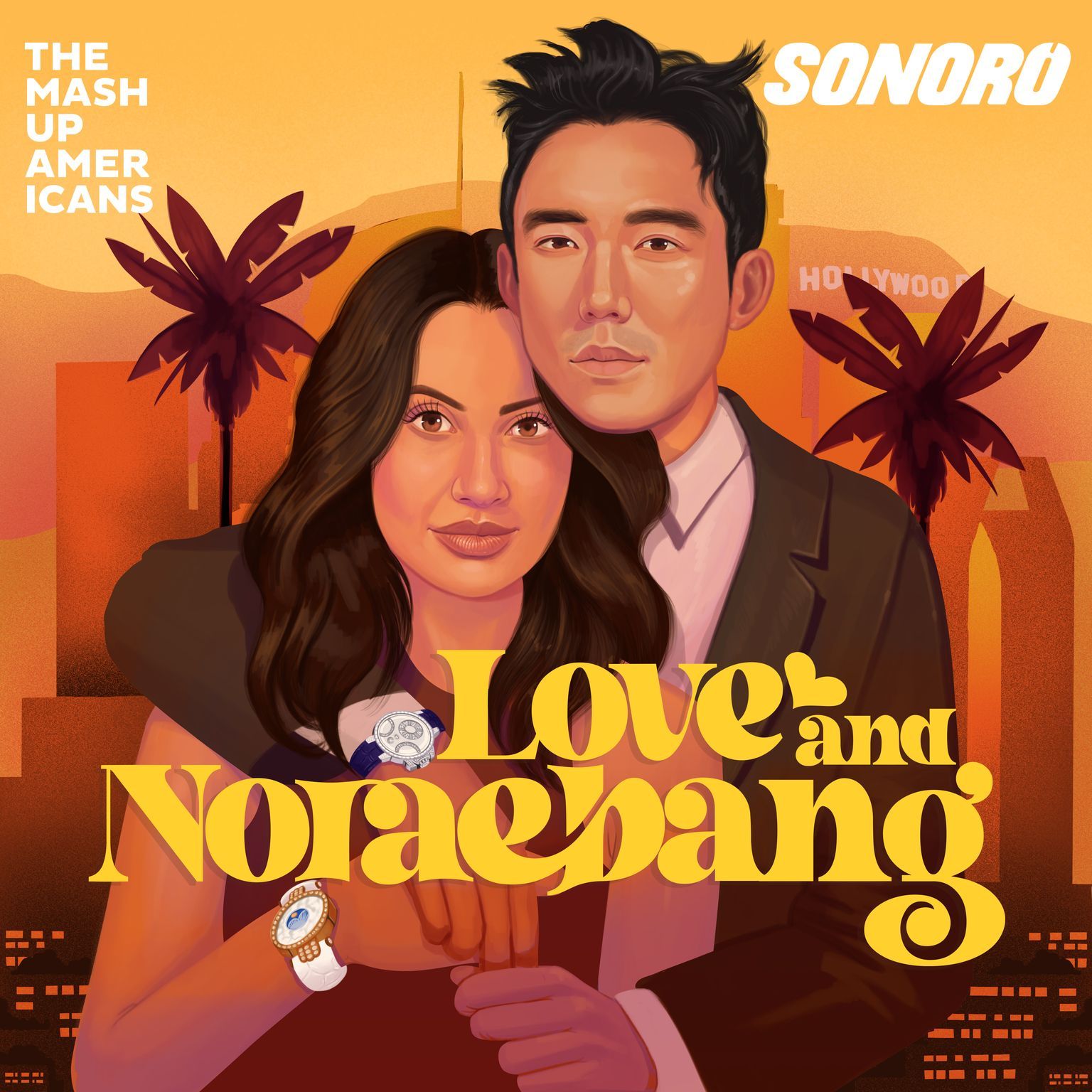Entertainment
Related articles:
“I am...Los Angeles. Yes, me. What, you’ve never heard a city speak before? Maybe you should listen a little closer.”
The pilot episode of Love & Noraebang opens with the city of Los Angeles as a hopeless romantic and omnipresent narrator voiced by Randall Park. The choice is so exuberant, so unapologetically playful in its execution, that you almost forget how bold it is.
LA is more than happy to tell us about itself, as a city for dreamers and visionaries -- a line we’ve all heard before -- and as a city for immigrants. (After all, immigrants are nothing if not dreamers.) Everything in this city, and in life, boils down to love -- even when love feels outside of our reach. That’s why LA, this city with an effusively charming voice, wants us to hear the story of Ana (Francia Raisa), a Mexican American entrepreneur, and Jaesun (Justin H. Min), the high-flying heir to a Korean chaebol.
In every possible way, Love & Noraebang is a celebration of love. It is explicitly marketed as a mash-up of K-dramas and telenovelas. Both genres (as well as other romantic dramas such as those from Japan or Thailand) mine the highs and lows of romantic love. They are unafraid of raw expression and poetic exaggeration, and for that reason, they capture something that feels almost more real than literal representations of real-life love possibly could.
Love & Noraebang leans on and plays with the shared tropes that define the whirlwind romances of its parent genres. One episode in, and we’ve already been introduced to an ambitious career woman, a mysterious and kinder-than-he-seems man of means, unrequited love subplots, a match-making best friend, and – perhaps most importantly – an earworm of a main theme that the show is unafraid to call back to numerous times in the same episode (hello, Goblin main theme, my old friend...).
Listing out the ways in which Love & Noraebang wears its influences on its sleeves might make it sound as if the show oversimplifies them, but this couldn’t be further from the truth. This is, in fact, the show’s greatest trick: as much as it works to create a unified vocabulary of both K-drama and telenovela references, the show is a buoyant and energetic love letter to the specifics of Korean and Mexican culture in America.
The pilot episode is set in Ana’s Mexican restaurant in Koreatown. It takes great care not only to describe her dishes in detail – so lovingly that one can practically smell them – but also to immerse us in rapidly-delivered Spanish banter yelled across the length of the room. The show never pauses to explain itself in these moments; it simply relishes in the multi-sensory feast of detail that comes from this unapologetically Mexican setting.
At the same time, its Korean cast is afforded much the same respect. Jaesun’s status as the heir to a Korean chaebol is an essential part of his character, but at no point does the show slow down to explain to its audience what a chaebol is. Notably, the show trusts us to understand what the eponymous noraebang is, and that setting serves as the backdrop for the pilot episode’s entire climax.
The show doesn’t do this because it is written exclusively for an imagined highly-specific listenership that is fluent in Korean, Mexican and English. When shows like this one are written with underrepresented audiences in mind, they are sometimes assumed to be exclusively for those audiences. (See: the bizarre critical response to Pixar’s Turning Red earlier this year.)
Love & Noraebang offers the strongest possible retort to the tepidness often felt in ‘diverse storytelling’: an energetic celebration of other cultures’ food, language, and expressions of joy.
Love & Noraebang exists as a rejection of that idea. It presents a listening experience in which total comprehension of its cultural contexts is unlikely for the average listener, and says, “that’s okay”. These characters make space for each other. The show, at least from its pilot, does not seem particularly concerned with dramatizing any difficulty in learning to appreciate another culture – within their very first meeting, our leads are already making earnest attempts at speaking each others’ languages.
When cultural differences are surfaced in most storytelling media, the point of these stories (often framed from a sympathetic white perspective) is to make an emphatic plea for racial “tolerance”, or “acceptance”. In an age where ‘White Saviors vs Racism’ stories are coming under more intense scrutiny than ever, it bears asking: what do stories of racial and cultural diversity look like when divorced from the guilt-laden white perspective? What other possibilities exist for diverse cultural encounters in the stories we consume?
In the face of all of this, Love & Noraebang offers the strongest possible retort to the tepidness often felt in ‘diverse storytelling’: an energetic celebration of other cultures’ food, language, and expressions of joy.
While the show does not define what a noraebang is for its listeners, I will offer you my attempt at a definition: it is a private room, shared with those you love, in which you sing your heart out, messy and unfiltered, in an uncompromised moment of bliss. A listener unversed in Korean culture may not know what a noraebang is when they begin this series, but they will certainly understand something of that exuberance and intimacy by the end of the pilot episode.
The English translation of the room pales in comparison to hearing our cast of characters chime in for a rendition of the show’s main theme at the end of the episode. That moment is an extension of the joy that fuels this entire show, which welcomes its listener with open arms (and a Randall Park-sounding city who’s just so happy to be here.)
All the world’s a noraebang – and all of us are invited.
Roshan is a Brooklyn-based Singaporean screenwriter, and the founder of the Asian audio fiction company Andas Productions. He’s also the creator of the show Temujin, composes for fun, and sometimes develops indie video games to stress himself out for no discernible reason.

